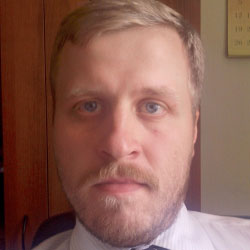Anatoly Chubais, Special Representative of the President of the Russian Federation for Relations with International Organizations, believes that all enterprises located in Russia should be divided according to the principle of environmental friendliness, Vedomosti reports.
Aleksey Belogoryev, Deputy Director for Energy at the Institute for Energy and Finance, believes that "we are talking about extending the system of trading in quotas for greenhouse gas emissions in Russia."
At the same time, Aleksey Belogoryev emphasizes that the idea is not new, “we are talking about the Paris Agreement of 2015”."Accordingly, those organizations that are "guilty" of emissing significant amounts of greenhouse gases will be obliged to pay a tax on these emissions in any form or in some way compensate these emissions with one or another environmental initiative - planting forests or something else ", - the expert said to Pravda.Ru.
According to him, "because of this, the idea of a hydrocarbon tax was born, which is now being actively discussed in the European Union and which, obviously, from 2023 will be introduced, at least in metallurgy and in some other industries.""Indeed, Europe already has a system of quotas trading. To tell the trough, it concerns only 40% of enterprises in various sectors of the economy. European regulators believe that exporting countries of certain goods and services, including energy carriers, will continue to export these goods, not paying any taxes. And if domestic producers are obliged to pay these taxes, then they fall into non-competitive conditions, that is, the principle of competition is violated," the expert said.
Or perhaps, Aleksey Belogoryev noted, that from 2025 this tax will be extended to oil and gas, which is of great concern to Russian companies and the government.

Subscribe for updates
and be the first to know about new publications